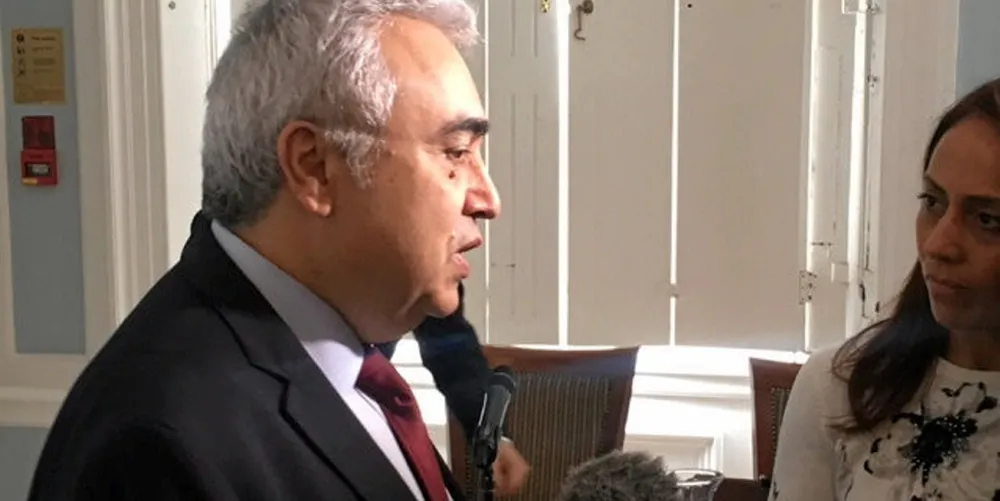IEA: Carbon border taxes would need careful international negotiations to avoid trade wars
The planned carbon border adjustment mechanism, designed to protect jobs and reduce emissions, may backfire on the bloc, IEA renewables boss tells Recharge

The planned carbon border adjustment mechanism, designed to protect jobs and reduce emissions, may backfire on the bloc, IEA renewables boss tells Recharge
